The external perception made me unable to cry or express emotions, and in 2018, when I wanted to retire, one person saved me.
Djokovic talked about a drawback for male athletes, noting that displaying vulnerability is frequently interpreted as weakness. He also shared that during his upbringing, he did not have a secure environment to openly show his feelings, which impacted his connection with his then-girlfriend, now wife, Jelena.
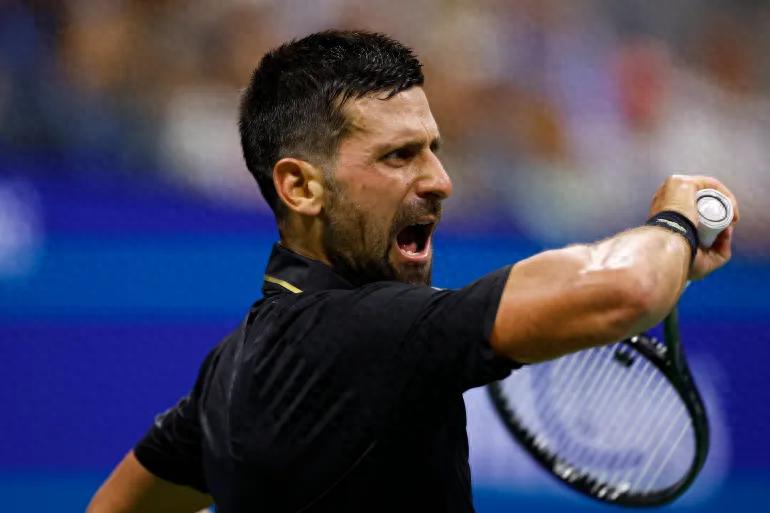
Undoubtedly, Djokovic is one of the most successful players in tennis history, holding 24 Grand Slam titles, setting records for the most Grand Slam finals appearances, and being the only player to complete three career Grand Slams and two Golden Masters. In men's singles, he also holds the record with 428 weeks as world number one. Despite these remarkable achievements, he carries many unacknowledged emotions deep inside.
In a recent episode of Jay Shetty’s podcast, the 38-year-old player shared experiences from his childhood. He stated that especially his father did not provide a safe space for showing vulnerability. Instead, he had to suppress his emotions, focus on the task, and was not allowed to make mistakes. He said (starting at 1:08:03 in the show), “This is exactly what we talk about, especially in men's professional sports — there’s no room to show vulnerability, because that’s seen as weakness. Weakness can be exploited, and when it is, you’re more likely to lose matches or competitions. That’s a long-standing narrative…”
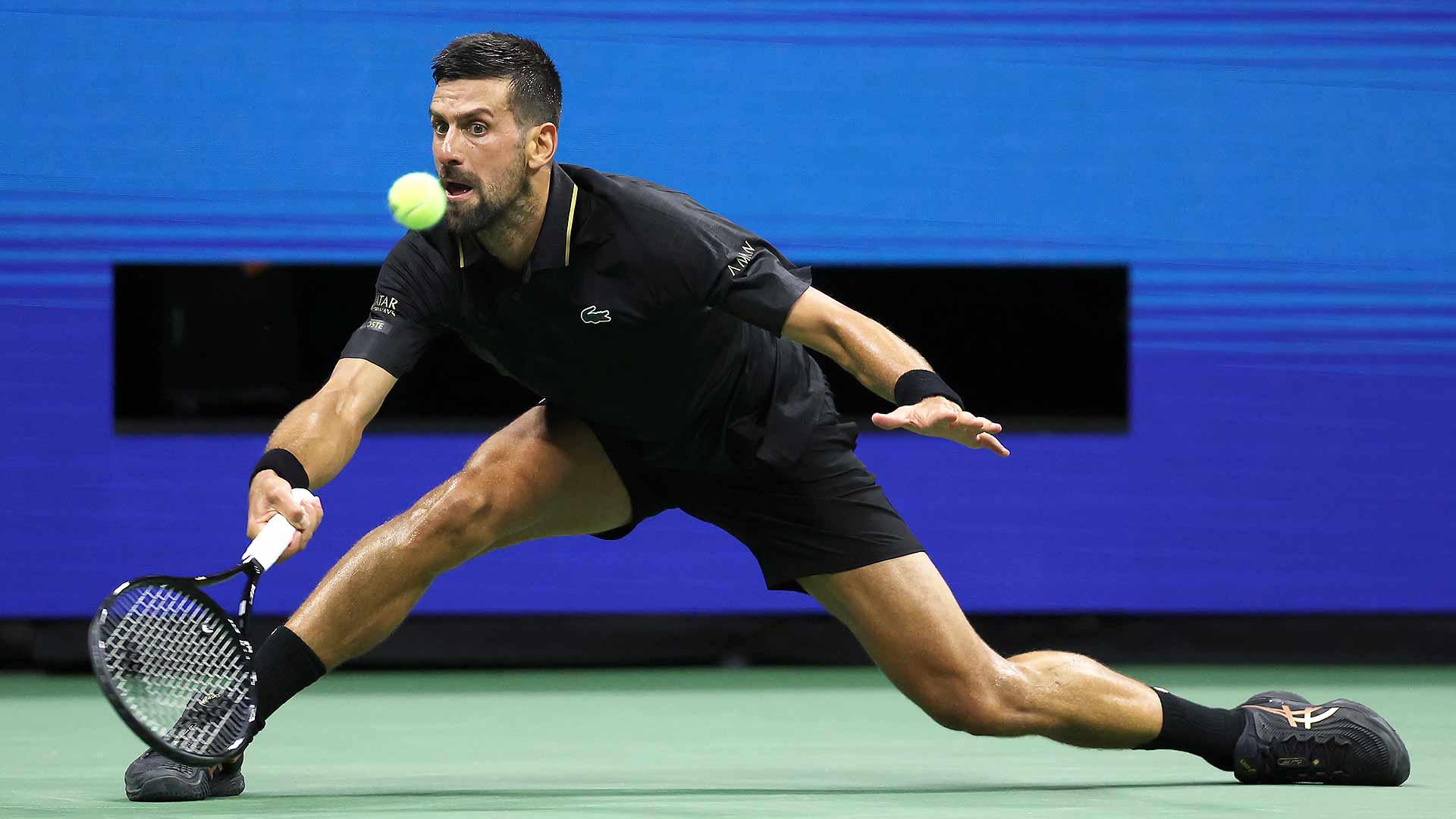
“In my upbringing, there was no room for emotions; everything was serious. I had to get the job done, succeed, and not make mistakes. But this also came from my family — I didn’t have that kind of relationship with my father, where I could cry in front of him and feel safe — I didn’t have that feeling. So I had to not cry, toughen up, and shut myself off to the point where I couldn’t express emotions.”
He added that this self-imposed approach also affected his relationship with his wife. Djokovic met Jelena in high school, and they became a couple at 18 and 19 years old. Now, while continuing his journey at the US Open, Djokovic emotionally recalled the tough times they faced together and how they grew through hardships side by side.
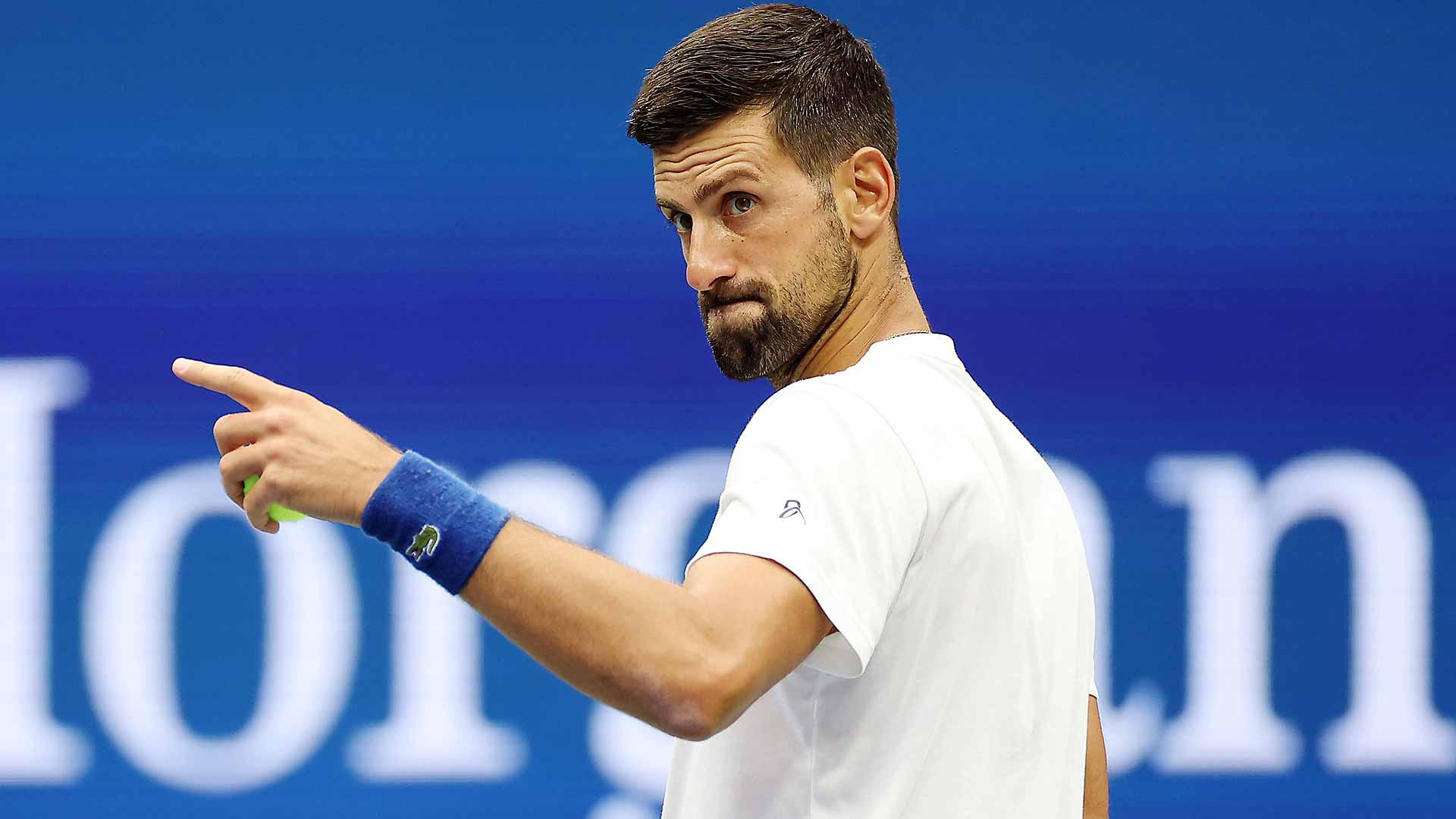
This tennis "golden couple" has two children — Stefan and Tara — who often accompany the 24-time Grand Slam champion to tournaments. Jelena serves as the executive director of the Djokovic Foundation, actively participating in her husband's charitable work, jointly contributing to their homeland's development.
He said, “We have gone through different phases and periods… Yes, she is my pillar. She has seen my best and worst sides and witnessed my growth. She has challenged me on every level, and we have grown together. Now we have two lovely children and continue to evolve and move forward.”
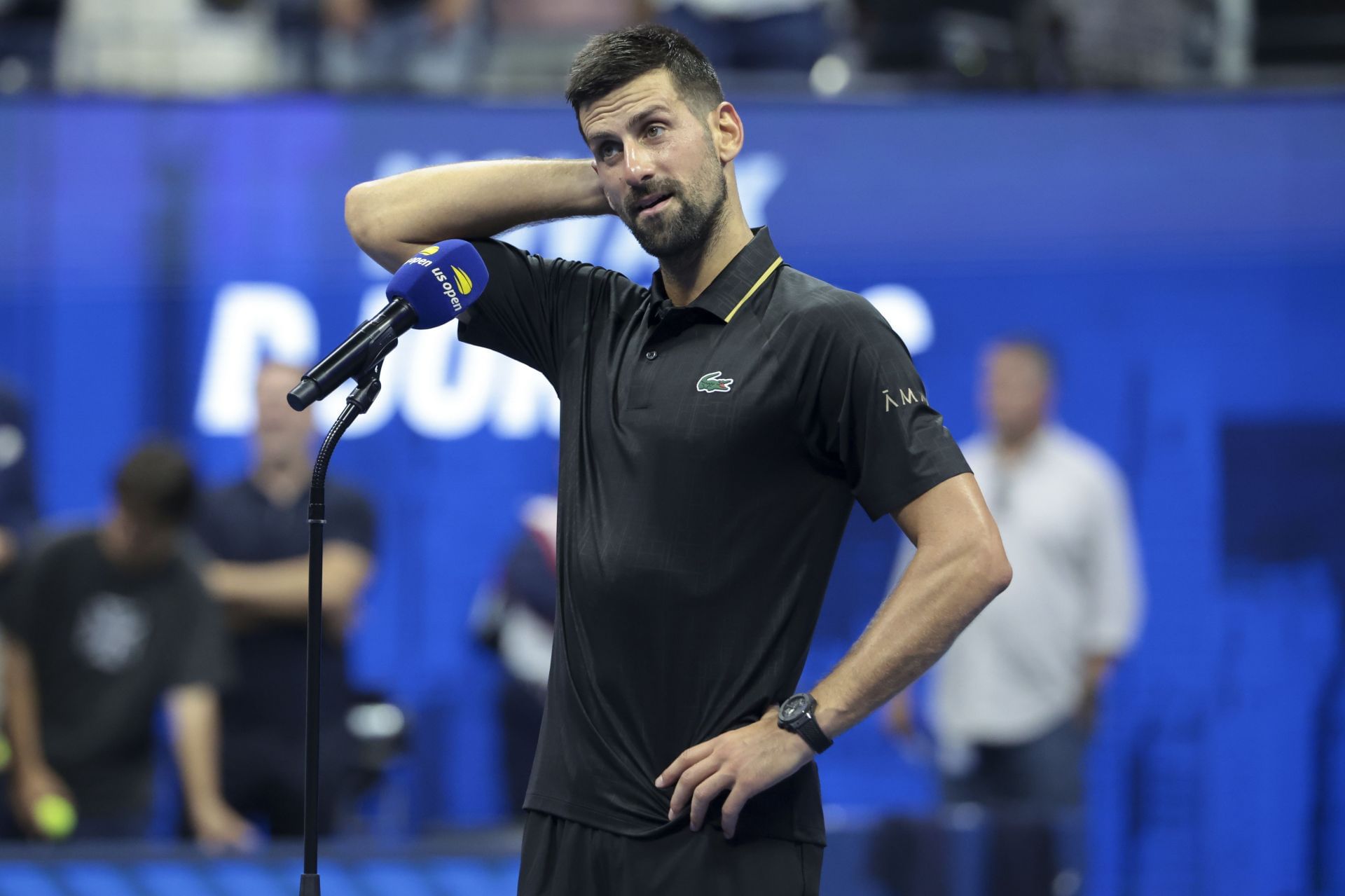
Djokovic explained that, like any ordinary couple, they have disagreements but always rely on a solid foundation to get through tough times. “I feel we have a strong root and base, and when we face challenges in our relationship, we come back to the beginning, reflecting on why we are together, who we are, how we have grown, and the future we envision — a future that belongs to both of us.”
In 2014, after winning his second Wimbledon title, Djokovic married Jelena in Montenegro. Jelena revealed that Djokovic had contemplated retirement in 2018. After undergoing elbow surgery, the Serbian felt his career might be over, but ultimately, thanks to the “clever persuasion” of his wife and son, he chose to continue competing.
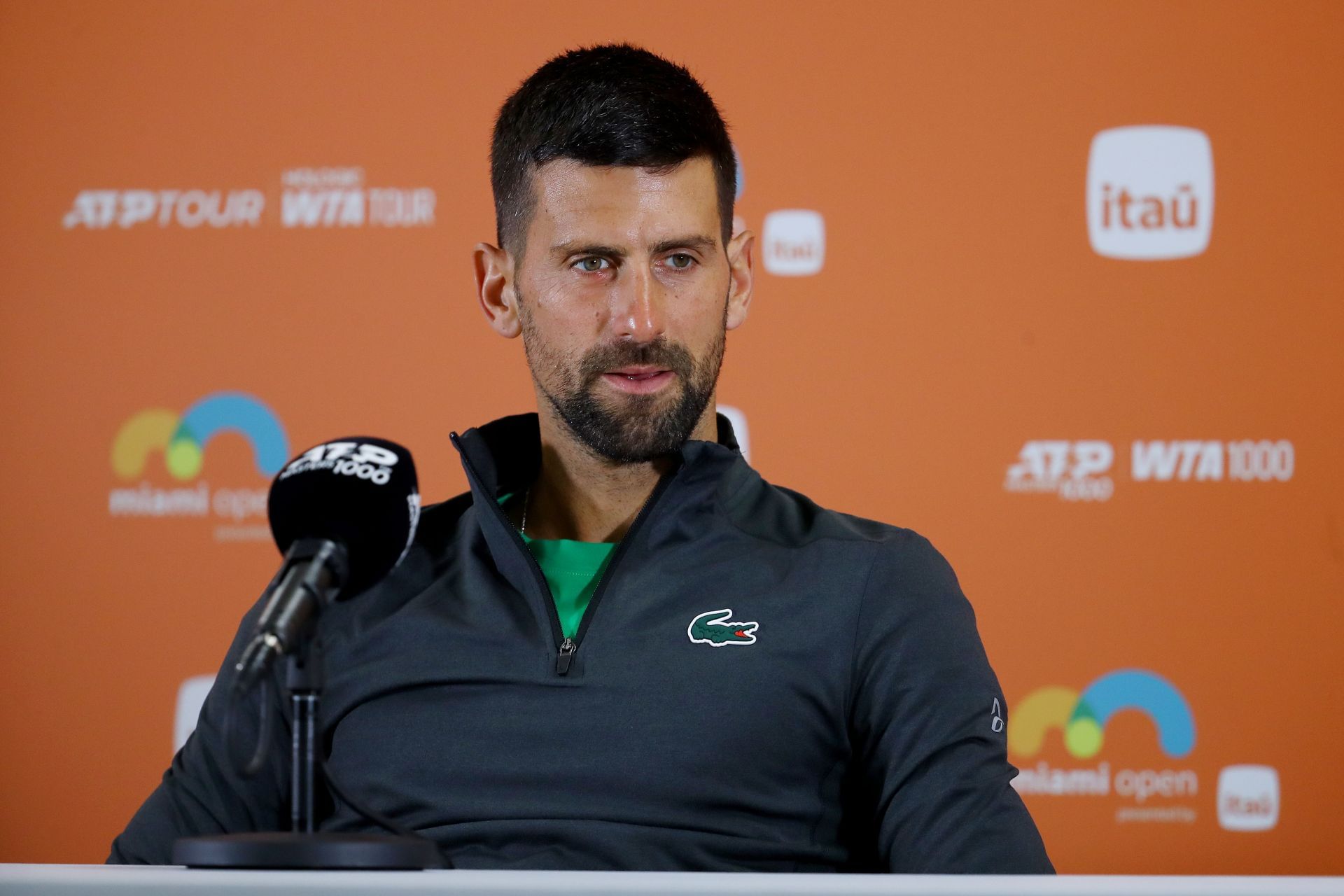
Earlier this year, in an interview, Jelena said Djokovic had even gathered the family to announce his retirement. But one day, she and their son Stefan decided to casually play tennis to enjoy some time together, which reignited Djokovic’s passion. “By the third or fourth day of the holiday, he saw Stefan and me playing on the court,” she said. “Fortunately, seeing us having so much fun, he came over and asked, ‘Can I grab a racket too?’”
Since then, Djokovic has won 10 more Grand Slam titles.(Source: Tennis Home, Author: Huohua)







 Links
Links
 Contact
Contact
 App
App


